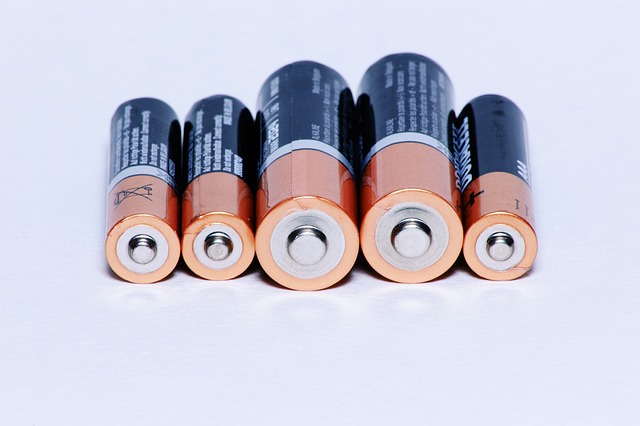Introduction:
Batteries are found in many of our everyday electronic devices, from cell phones to remote controls. However, once they die, they can pose a risk to the environment and our safety if not disposed of properly. Recycling batteries is essential to prevent harmful chemicals from contaminating our landfills and waterways and to ensure that the materials can be reused in new products. In this article, we will discuss how to recycle a battery and provide tips and guidelines for proper disposal.
Why Is Battery Recycling Important?
Recycling batteries is important because they contain harmful chemicals such as lead, cadmium, and mercury. When these chemicals are not properly disposed of, they can contaminate our soil and water, leading to health problems for humans and wildlife. Recycling batteries also conserves natural resources and reduces the amount of waste in landfills. [3]
Types of Batteries That Can Be Recycled
Most household batteries can be recycled, including:
- Alkaline batteries (AA, AAA, C, D, 9V)
- Rechargeable batteries (Ni-Cd, Ni-MH, Li-ion, Li-polymer)
- Button batteries (watch batteries, hearing aid batteries)
How to Prepare Batteries for Recycling
Before recycling batteries, it’s important to prepare them properly. This helps prevent fires and ensures that the materials can be reused. Follow these steps to prepare your batteries for recycling: [1]
- Place each battery in a separate plastic bag or cover the terminal with a piece of clear tape.
- If two battery ends touch, the tape will help prevent sparking and lower the risk of fire.
- Do not use opaque tape on the battery ends.
- Store batteries in a cool, dry place until you can recycle them.
Where to Recycle Batteries
The best place to recycle batteries is at a household hazardous waste collection point, where they can be disposed of safely and properly. You can also check with your local recycling center, municipal solid waste department or electronics retailer to see if they offer battery recycling programs. Many retailers, such as Best Buy and Home Depot, have in-store recycling kiosks for customers to drop off used batteries. Earth911 is another helpful resource for finding battery recycling locations near you.
Frequently Asked Questions
Q: How should I prepare batteries for recycling? A: To prepare batteries for recycling, you can either place each battery in a separate plastic bag or place a piece of clear tape over the terminal on the top of the battery. If two battery ends touch, the tape will help prevent sparking and lower the fire risk. However, do not use opaque tape on the battery ends.
Q: Where can I find information on how to dispose of used batteries? A: Earth911 is a helpful resource for finding information on how to dispose of used batteries. There, you can find pages of helpful information, including answers to the most frequently asked questions about how to dispose of used batteries.
Q: Can I put batteries in household garbage or recycling bins? A: No, you should never put batteries in household garbage or recycling bins. Waste batteries can always be recycled or taken to household hazardous waste collection points. To prevent fires from lithium-ion batteries, tape battery terminals and/or place batteries in separate plastic bags.


